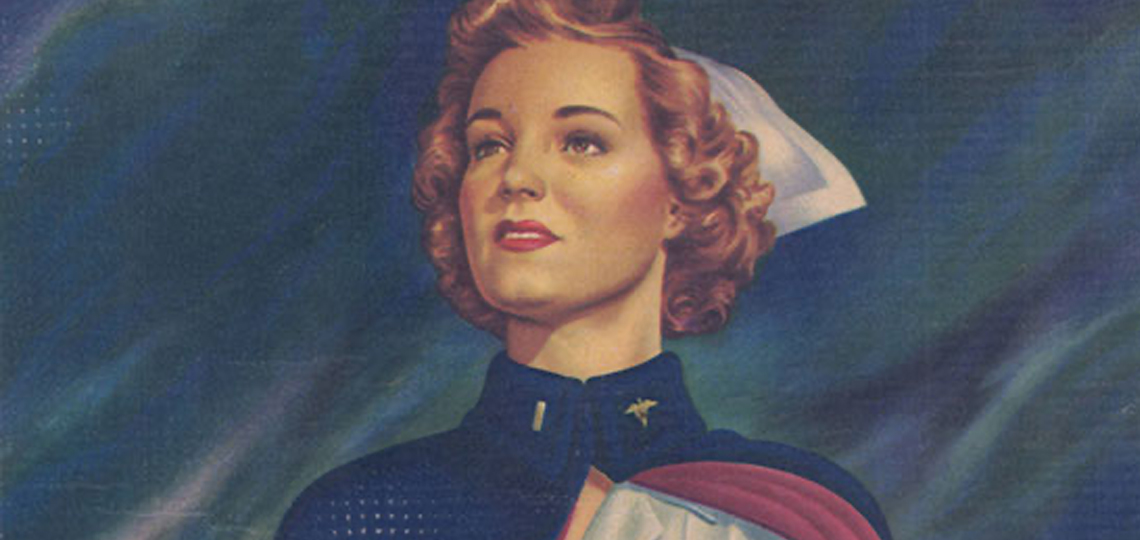
Olivia Carlisle of the State Archives of North Carolina kindly took the time to answer questions from Sara Brumfield of FromThePage, and discussed their project and experience using the platform.
Carlisle is the Digitization Archivist at the State Archives of North Carolina.
First, tell us about your documents.
The State Archives of North Carolina had been interested in starting a transcription program for a while, but what really kicked off our relationship with FromThePage was a NHPRC grant we received titled “Accessing North Carolina’s Early Court Records”.
The purpose of this grant is not only to increase access through expanded arrangement, description, and digitization, but to further enhance access by using a platform for transcription by volunteers. The State Archives selected FromThePage as our platform and gave our new transcription initiative the name TranscribeNC.
We started off with a few collections before adding the grant materials. Our Colonial Court Records collection on FromThePage currently has varying court documents that are organized by the type of court, and it is our most active transcription collection right now. New additions will be coming that focus on specific topics like maritime, infrastructure, slavery, trade, and more.
In addition to our Colonial Court Records collection, TranscribeNC collections include other aspects of North Carolina history and its citizens role in it. We currently have seven active collections on varying topics, including African American Education, Local Draft Board Records, Colonial Court Records, World War I Diaries, World War I Letters, World War II Letters, and Women’s History.
What are your goals for the projects?
Our main goals are twofold: to broaden accessibility to our collections, especially records that may otherwise be difficult to read, but also to engage public volunteers with the work of the State Archives, namely through transcription. While our goals may have originated with a grant, they are also applicable at a broader level, especially as we have added more material to TranscribeNC.
We have already completed one collection, Travel Perspectives, which are narratives of North Carolina citizens. The finished transcriptions were successfully exported and uploaded to their corresponding items in our CONTENTdm site (called the North Carolina Digital Collections) where users will now be able to perform full text searches on the diaries.
In fact, TranscribeNC was so active, especially over the summer, that many of our current collections are almost fully transcribed and ready to be imported into the North Carolina Digital Collections and replaced by a new selection of items.
How are you recruiting or finding volunteers/collaborators?
Social media and web-based outreach bring us most of our volunteers.
This summer when our staff were primarily working from home, we were also able to recruit several staff members to help with transcribing and bolster their remote work. We are fortunate that we have a very dedicated Outreach Archivist, who with the upcoming additions of the Colonial Court Records, will be reaching out to targeted groups who may be interested in the content of these records.
For example, many historic sites within the Division of State Historic Sites and Properties often have their own volunteer base. We are hoping that they may be interested in helping transcribe our records related to their interests, particularly since you can volunteer for this work from any location.
As part of the NHPRC grant, we also hired a professional genealogist with extensive experience in document transcription to provide online training on how to transcribe colonial documents. The training session was a huge success and has been made available as part of our general training packet. This really helped expand our volunteer base to include genealogical societies, and helped volunteers feel more comfortable tackling the more complicated historical handwriting of the Colonial Court Records.
Can you share your experience using FromThePage?
FromThePage has been very simple and straightforward to use.
One of the best features is its compatibility with CONTENTdm, the digital management software utilized by our North Carolina Digital Collections. Exporting the transcriptions requires a two-step process requiring very little effort.
One feature we are hoping to see in the future is a way to transcribe lists and tables. This would allow us to upload some heavily used records, such as tax lists and military rosters, for transcription. We appreciate the good communication FromThePage provides, as well as guidance on how to make TranscribeNC better.
How does FromThePage & crowdsourcing fit with more traditional documentary editing?
This question probably pertains more to the Historical Publications branch of our department, as they handle publications of North Carolina historical resources.
Our goals through crowdsourcing transcription are less about documentary editing and more about providing greater keyword searching and increased accessibility when cursive or archaic spelling may present a barrier to reading archival materials.
What would you tell folks considering a similar project?
When thinking about what materials to have transcribed, try to consider not only the historical significance of the materials and their current level of accessibility, but also the subject matter interests for your intended audience of volunteers.
We think one thing that has helped us reach a broader audience and kept our volunteers engaged is the wide variety of material that includes both typescript material and handwritten materials.
Also having guides and stylesheets from the outset makes training much easier and ensures better consistency of the transcriptions throughout the projects.
Anything else you’d like to tell us?
While we will be adding new items to the existing collections in the next few months, we are also hoping to add some new collections in 2021, so stay tuned!
